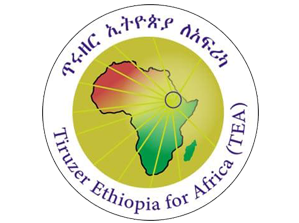Health
For better health service provision to the people, especially those living in developing regions of Ethiopia, government takes the lion share of the contribution and NGOs, like TEA, have their own share of contribution in support to the government.
For better health service provision to pastoralist and agro-pastoralist communities and regions of Ethiopia the following are highly recommended activities;
a) Increase demand for RMNH services and modern contraceptive methods, especially by poor women in rural areas and sexually-active adolescents (for instance through behavior change communication to increase the cultural acceptability of family planning and desire for smaller families, or through support for the “ home delivery-free kebele and woreda” strategy). This will result in preventing unintended pregnancies and ensuring safe pregnancy and childbirth through the use of modern contraceptives, Antenatal Care (ANC), Skilled Birth Assistance (SBA) and Postnatal Care (PNC), in Ethiopia.
b) Enhance the empowerment of women and girls to seek information and services like RMNH, FP and RH services. These interventions should aim to empower women and girls in every aspect including, but not limited to, economic and social empowerment; approaches should include building their skills to negotiate and make decisions with regard to their RMNH services.
c) Reduce the geographic and financial barriers that prevent women and girls utilizing RMNH services for instance through outreach and comprehensive mobile clinics.
d) Increase demand for newborn care and postnatal care especially in the pastoralist communities like Afar, Ethiopian Somali, Benishangul-Gumuz, and Gambella regions.
e) Overcome barriers and bottlenecks related to provision of quality RMNH, FP and SRHR services to the community for example, ensure 24/7 service delivery; support provision of youth-friendly RMNH, FP and SRHR services; strengthen infection disease prevention practices through One Health (Human, animal and Environmental health) professionals integration approach; mobile health care services etc.
f) Generate evidence of what works for instance through operational research on cultural influences and barriers, effective interventions to increase use of services, testing of modalities of care to reach pastoralist and agro-pastoralist communities. In Afar region, looking for alternative health service modalities and in Gambella and Benishangul-Gumuz Regions, identifying the barriers for RMNH, FP and SRH services uptake and modality of services.
g) Strengthen coordination and partnership between communities, health facilities, train community volunteer health workers, and improve ability of governments to deliver effective RMNH, FP and SRHR services.
